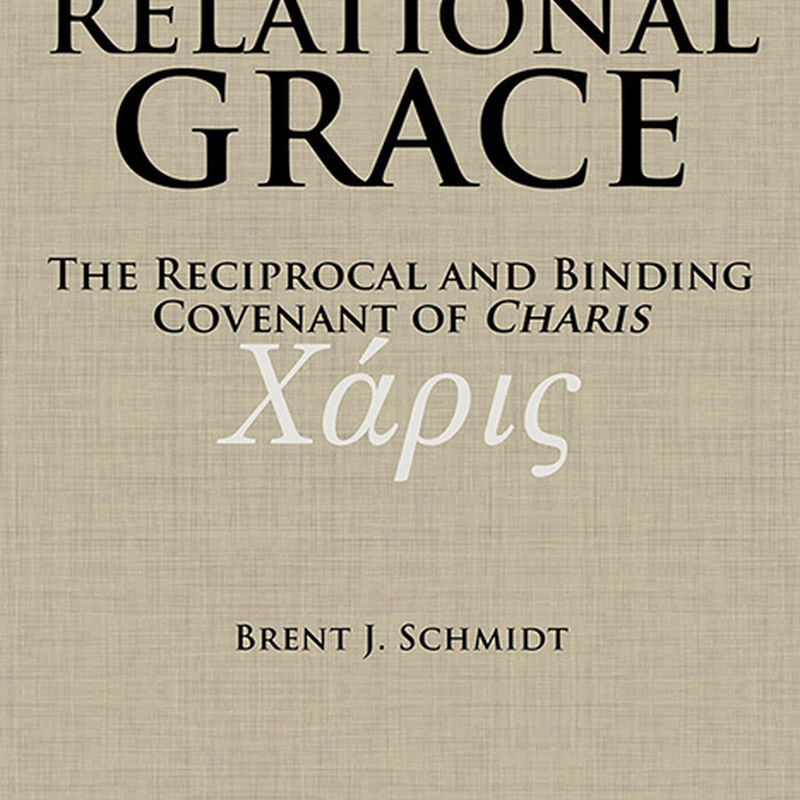FREE SHIPPING on orders of $49 or more. Exclusions apply.
Relational Grace
The Reciprocal and Binding Covenant of Charis
Relational Grace
SCHMIDT, BRENT L.
eBook
- In Stock
Through this purchase, you are granted a license to the relevant Digital Goods (including but not limited to eBooks, audiobooks, and podcasts) subject to our Digital Goods License.
eBooks and Audiobooks (MP3) are delivered instantly to the Deseret Bookshelf app. They are not compatible with Kindle or other e-reader devices. Digital items cannot be gifted, returned, nor refunded.

Free Shipping on orders $49+ for standard domestic US. Surcharges still apply for large items.
In ancient Greece and Rome, charis was a system in which one person gave something of value to another, and the receiver gave service, thanks, and lesser value back to the giver. It was the word used to describe familial gifts, gifts between friends, gifts between kings and servants, and gifts to and from the gods. In Rome, these reciprocal transactions became the patron-client system. Orderly gift exchange is a key building block in the development of societies.Charis (grace) is the word New Testament authors, especially Paul, sometimes used to explain Christ’s gift to people. But what is the nature of the gift? Since the fifth century, a number of Christian scholars have taught that grace is something bestowed by God freely, with little or nothing required in return. This book sets out to show that “free grace” is not what Paul and others intended.The practice in the ancient world of people granting and receiving favors and gifts came with clear obligations. Charis served New Testament authors as a model for God’s mercy through the atonement of Jesus Christ, which also comes with covenantal obligations.LDS scriptures make it clear that being saved comes through grace accompanied by forsaking sin and making and keeping covenants. For Latter-day Saints, being saved by grace means coming to Christ, being baptized and joining the community of saints, and continually living with thanks and praise for God’s gift. All of these expressions of grace are found both in the Greek and Pauline use of the word. Knowing what charis means helps us understand what God expects us to do once we have accepted his grace.
Author: SCHMIDT, BRENT L.
Publishing Date: 2014-05-16
Release Date: 2014-05-16
Publishing Date: 2014-05-16
Release Date: 2014-05-16
